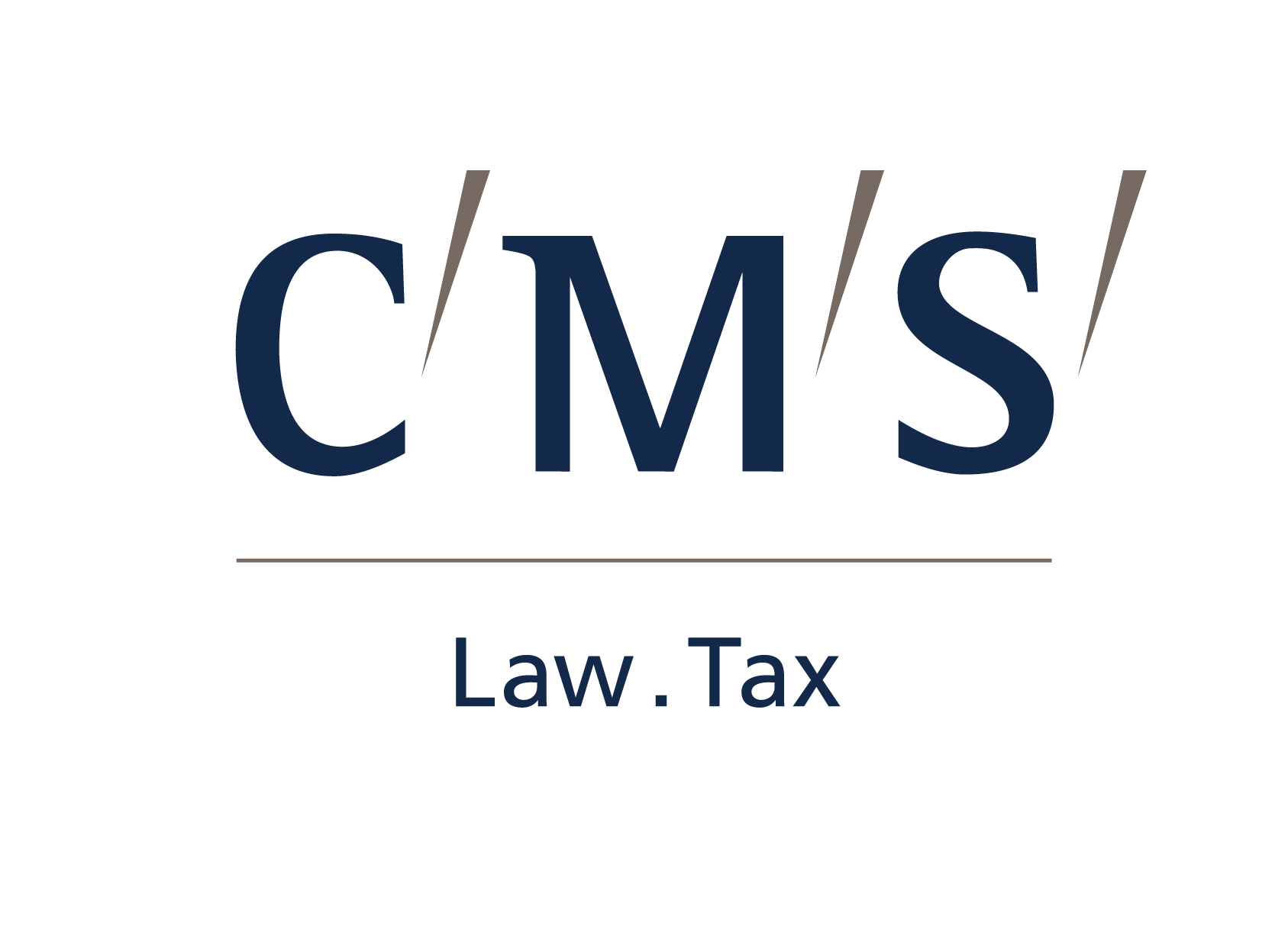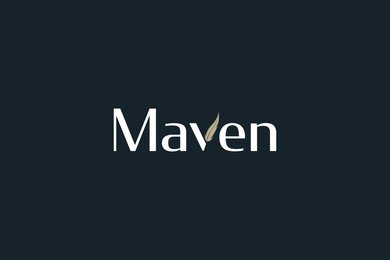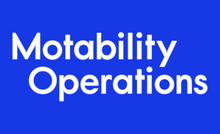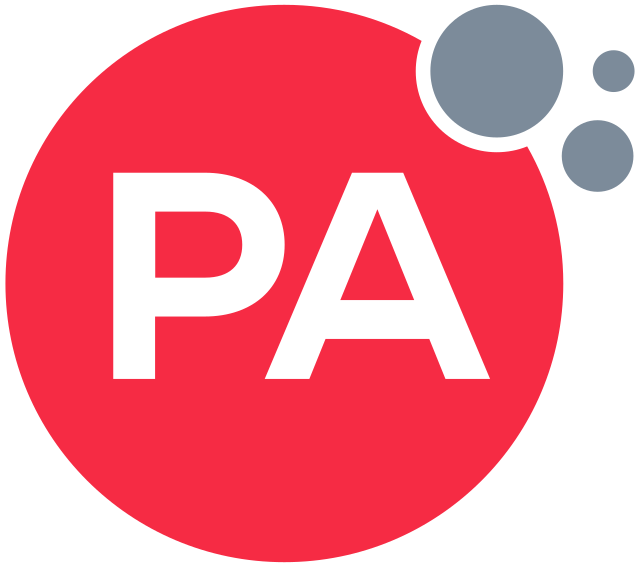Author - Helen Cooke, CEO, MyPlus
With the 25 year anniversary of the introduction of the DDA fast approaching, questions will be no doubt be asked about how effective it has been.
When it comes to employment, the facts are stark: there are 7.6 million disabled people of working age in Britain, of whom 51.5% are in employment, compared to 81.7% of non-disabled people. This suggests that, whilst progress has been made, there is still much work to be done. But what is it that needs to be done, and who needs to do it?
Let us start with the what. Firstly, we need to ensure that employers recognise the huge talent pool of disabled people that, if the statistics are anything to go by, are still being overlooked. We also need to ensure that employers are knowledgeable and capable of engaging with disabled people, supporting them through the recruitment process and continuing to provide support once they have joined the workforce. Employers must also be able to retain individuals who become disabled and enable them to continue to reap the benefits of being able to work.
However, for employers to successful recruit and retain disabled individuals, disabled individuals must want to work, and realise that they can work and can contribute, yet here in lies another challenge. Far too often disabled people either don’t want to work or don’t realise that they can. There is much work to be done to raise the aspirations, and motivations, of disabled people to aspire to work, to achieve and to contribute in the same way as their non-disabled counter parts.
The third area that is absolutely crucial are role models. I am not talking about Paralympians or the other high profile disabled people we often see in the media since these are difficult to relate to. Rather, I am talking about ‘normal’ disabled people, who enjoy a successful and fulfilling career despite their disability.
And finally, there needs to be the infrastructure in place; this includes accessible transport, housing, affordable parking in cities, moveable benefits, and so on. If this isn’t easy to access, it prevents a huge barrier which can appear unsurmountable.
So, who’s responsibility is all of this? I would argue that the stakeholders are numerous and to make real progress we all have to recognise the different roles we have to play. From employers who need to recognise the talent pool and ensure they are genuinely inclusive; to parents and teachers who must enable young people to see what is possible and raise their aspirations. It includes medical and rehabilitation staff who must promote the benefits of working to those who become disabled, and careers advisers and job centre workers who must be trained to provide specialist careers advice to those who have a disability. It obviously includes our government who must ensure the infrastructure is in place. And finally to the individual themselves who has a responsibility to aspire to work, to recognise the benefits that employment brings, to want to contribute to society and to see what is possible.
To close the employment gap between those who have a disability and those who don’t there is still much work to be done. However, it is achievable if everyone recognises the role they have to play and ensures they deliver their part. Working together, we can maximise their chances of successful employment outcomes for disabled people and benefit from the huge talent pool that is waiting to be tapped into.
Our vision at MyPlus is to ensure that having a disability or long-term health condition doesn't prevent anyone from having the career that they want to have. To help achieve this our focus covers a number of the areas mentioned above. We work with employers to ensure they recognise the talents of disabled individuals and help them adapt their recruitment and development processes to be truly inclusive. We provide career advice and support to disabled students and their parents/carers to help them raise their aspirations. We work with universities to ensure they share the resources we create with their students. We provide a platform for every day role models; disabled students and employees to share their stories of realisation and success to inspire disabled individuals with a desire to progress.
Visit our Students’ Club website (opens in new window) for careers advice and support for disabled individuals
Visit our Recruiters’ Club page (opens in new window) for employers
Visit our University page (opens in new window) for careers/disability advisers
Visit our Stories page (opens in new window) for careers inspiration












































